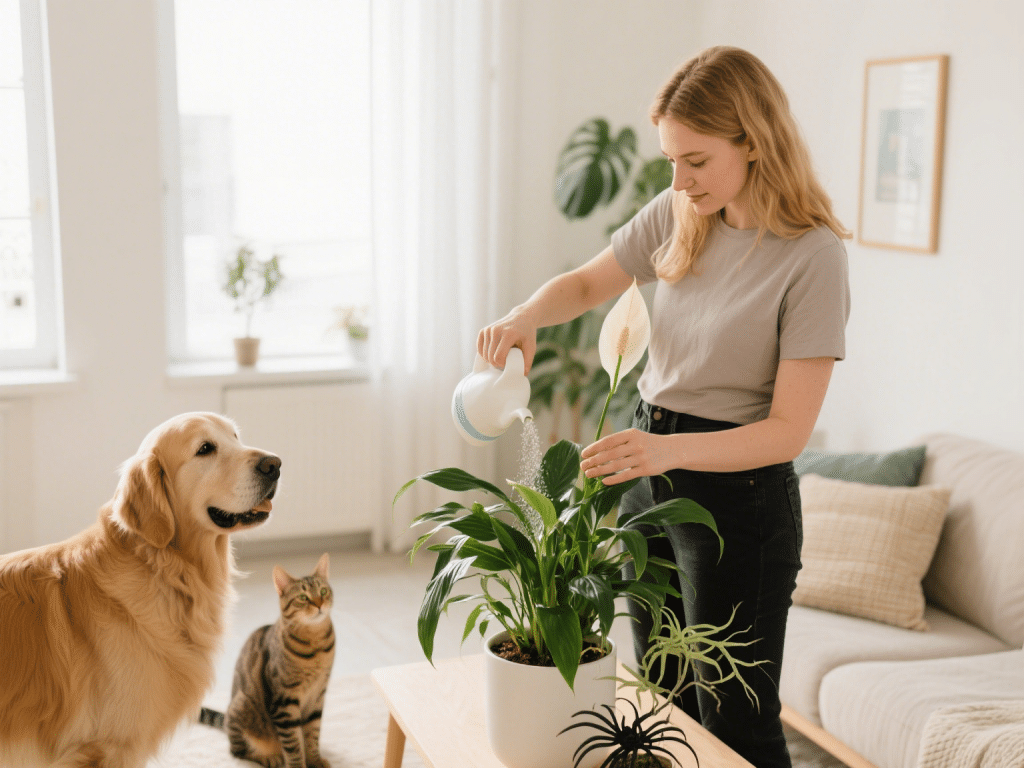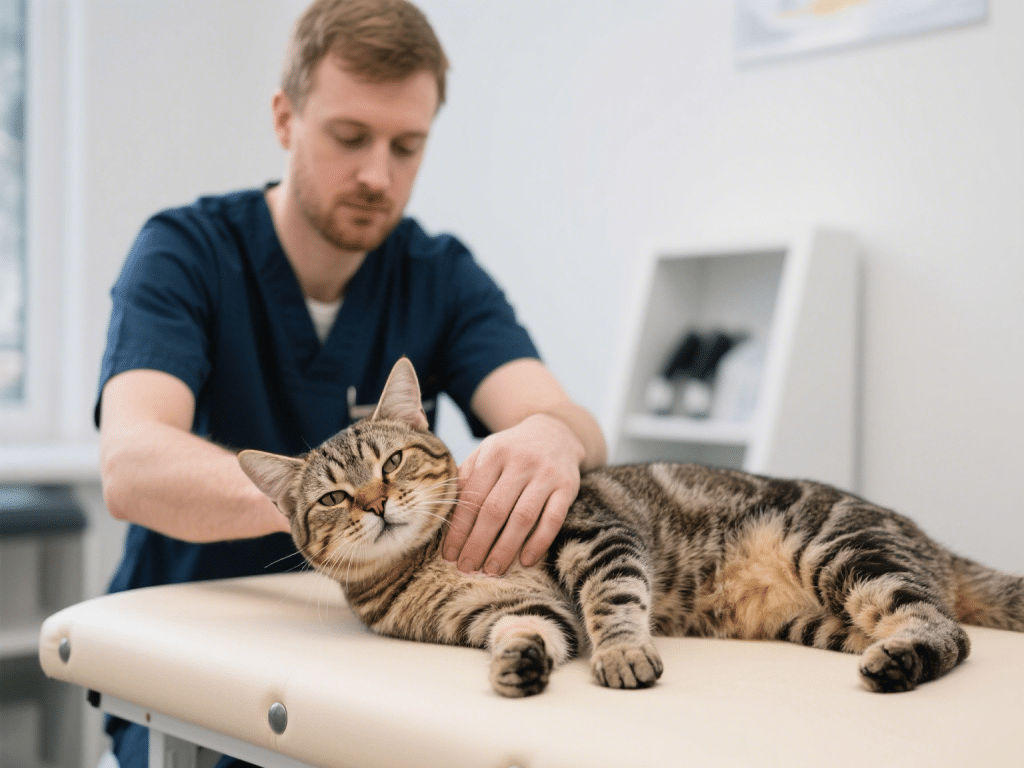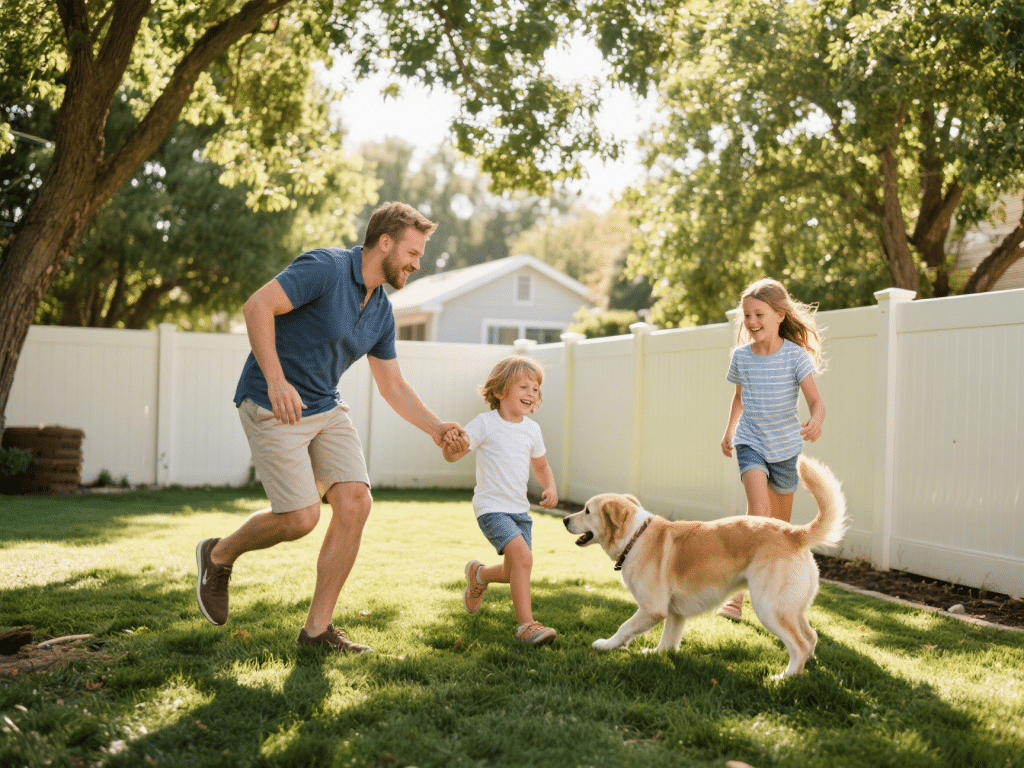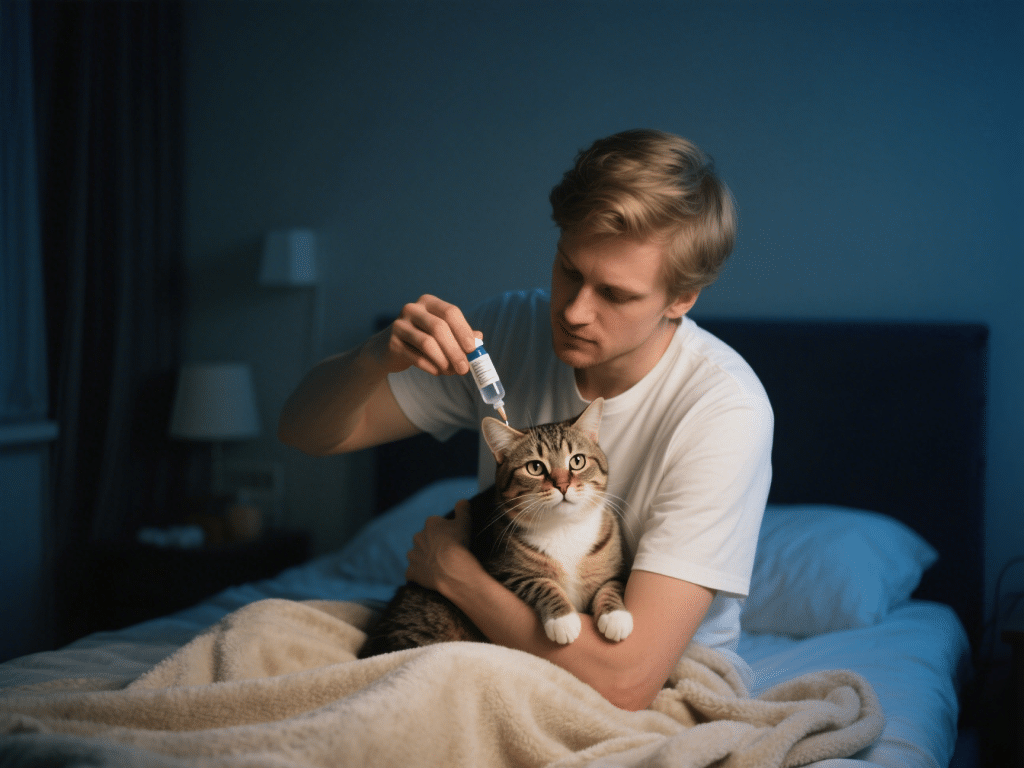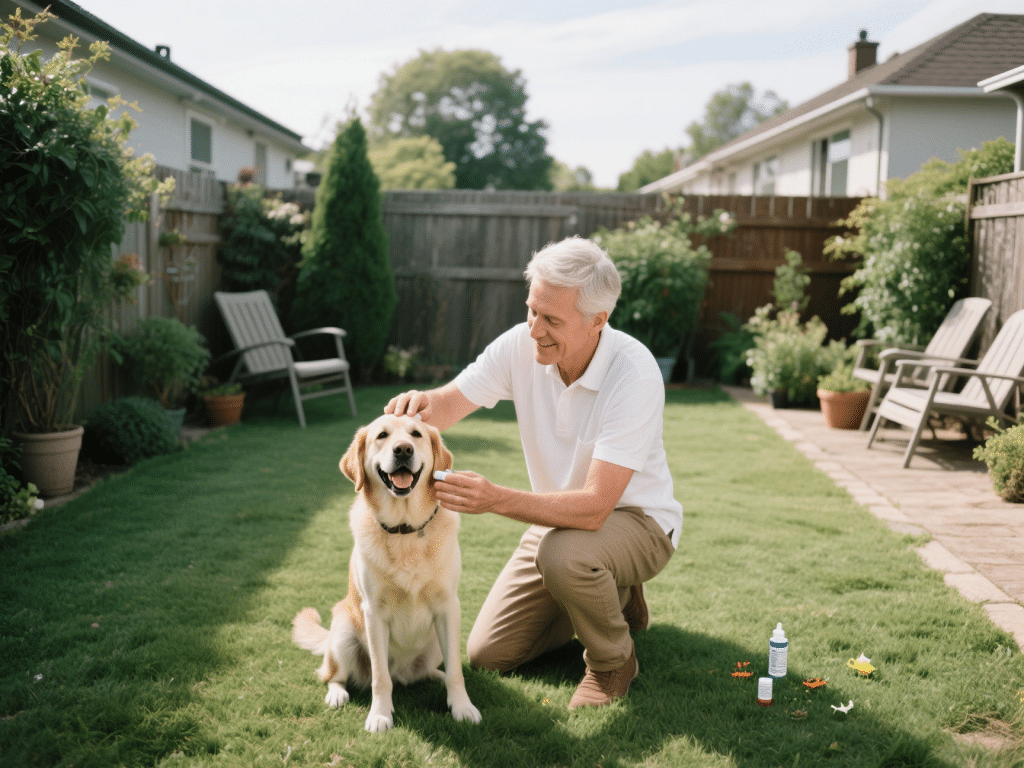
Proper socialization in the first three months of life lays the foundation for a confident, well-behaved adult cat. I’m a certified feline behavior consultant who’s guided dozens of breeders and rescues—here’s my week-by-week protocol to expose kittens to sights, sounds, and gentle handling.
Weeks 1–3: Gentle Handling & Bonding
Touch Routine: Handle kittens for 5 minutes, 3–4 times daily—stroke paws, ears, and under chin to acclimate them to being touched.
Sibling Play: Encourage safe tussling; it teaches bite inhibition and social cues.
Quiet Exposure: Keep environment calm; limit sudden noises.
Weeks 4–6: Novel Stimuli Introduction
Household Sounds: Play recorded vacuum, doorbell, and children’s laughter at low volume—gradually increase over days.
Object Exploration: Introduce varied textures (paper, fabric, rubber mats) and shapes for them to sniff and paw.
Human Visitors: Short, supervised visits from unfamiliar adults—allow gentle petting and treats.
Weeks 7–9: Positive Human and Animal Interactions
Puppy Playdates: If you have dogs, conduct controlled meetings—on-leash dogs and supervised kitten escapes via elevated platforms.
Child Interaction: Teach children to move slowly and speak softly; reward kittens for calm responses.
Veterinary Handling Prep: Mimic exam procedures—ear checks, gentle restraint on a towel—to reduce future exam stress.
Weeks 10–12: Confidence Building & Novel Environments
Carrier Familiarization: Leave carrier open with treats inside; take short drives to associate cars with positive experiences.
Leash Training: Introduce lightweight harnesses and short indoor walks; reinforce with treats.
Litter-Box Habits: Provide multiple, low-sided boxes; praise pouched eliminations immediately.
By following this structured socialization protocol—touch, stimuli exposure, interspecies meetings, and environmental acclimation—you’ll nurture kittens into adaptable, fearless adults. Consistency and positive reinforcement are key; always end sessions on a happy note with play and treats.




